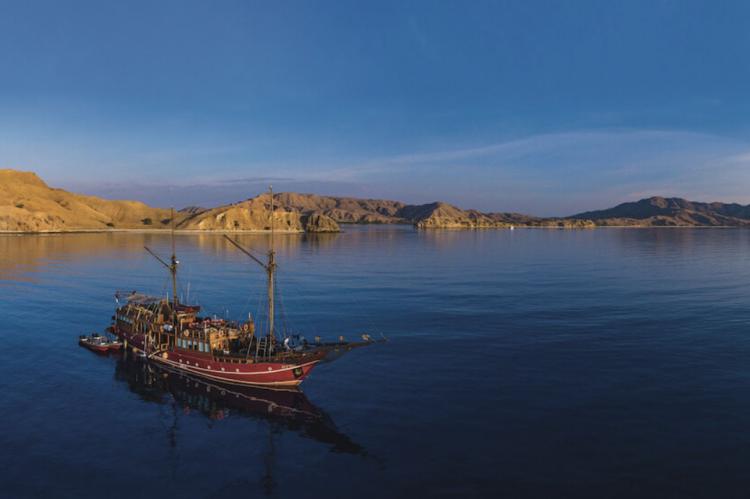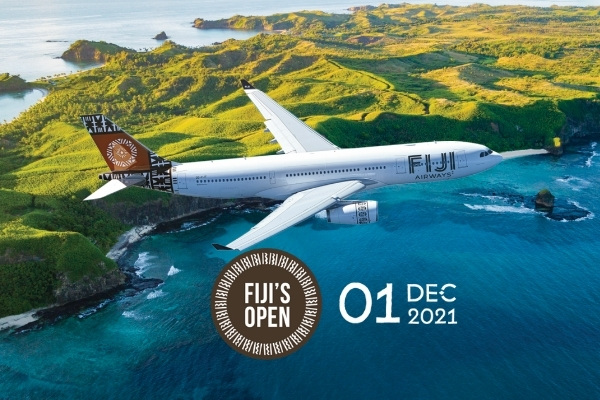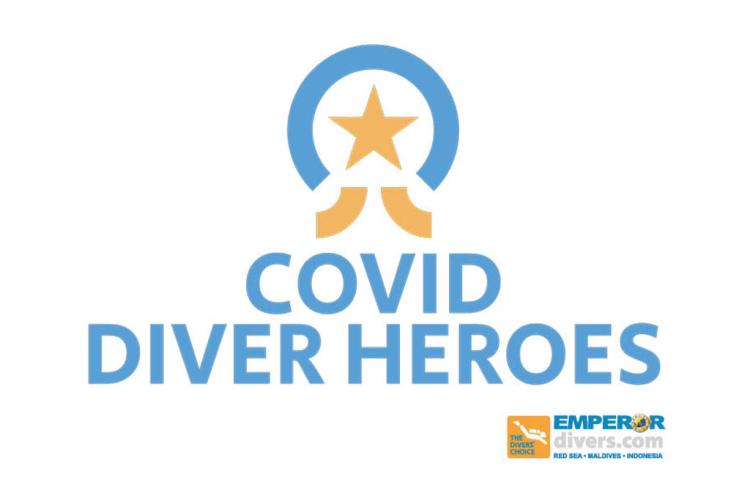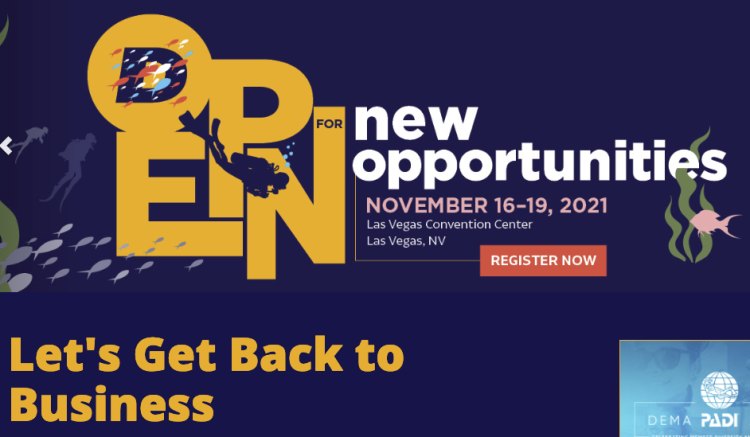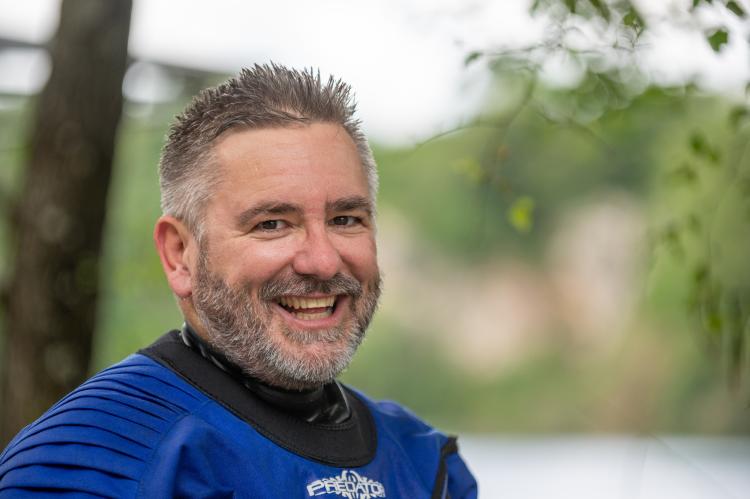The Arenui is now better than ever!
We feel for so many who have had their plans dashed by the effects of this global pandemic. We have been missing our guests for too long. With no international tourists being permitted to enter Indonesia since April last year, we have been forced to suspend cruises.


